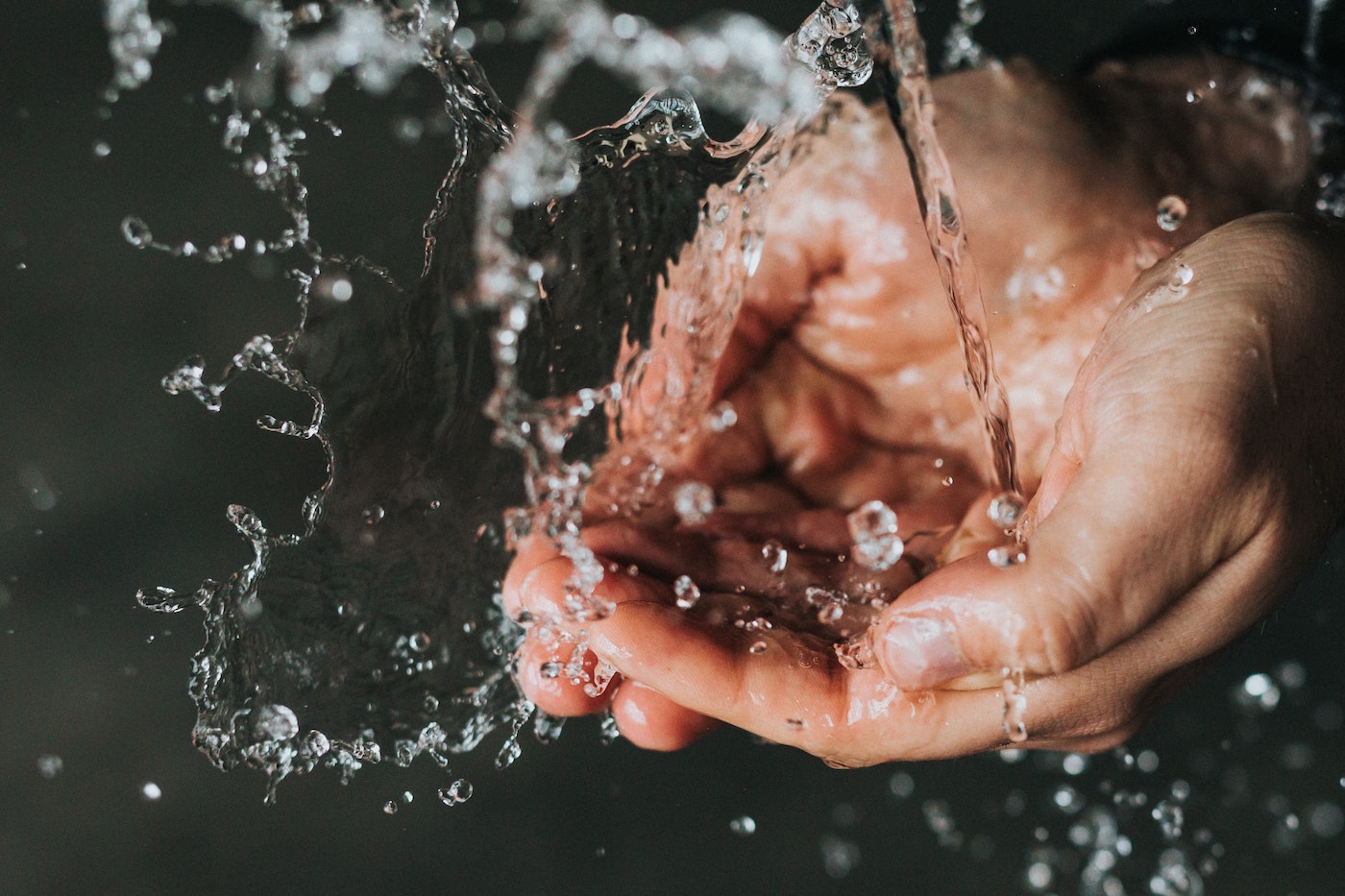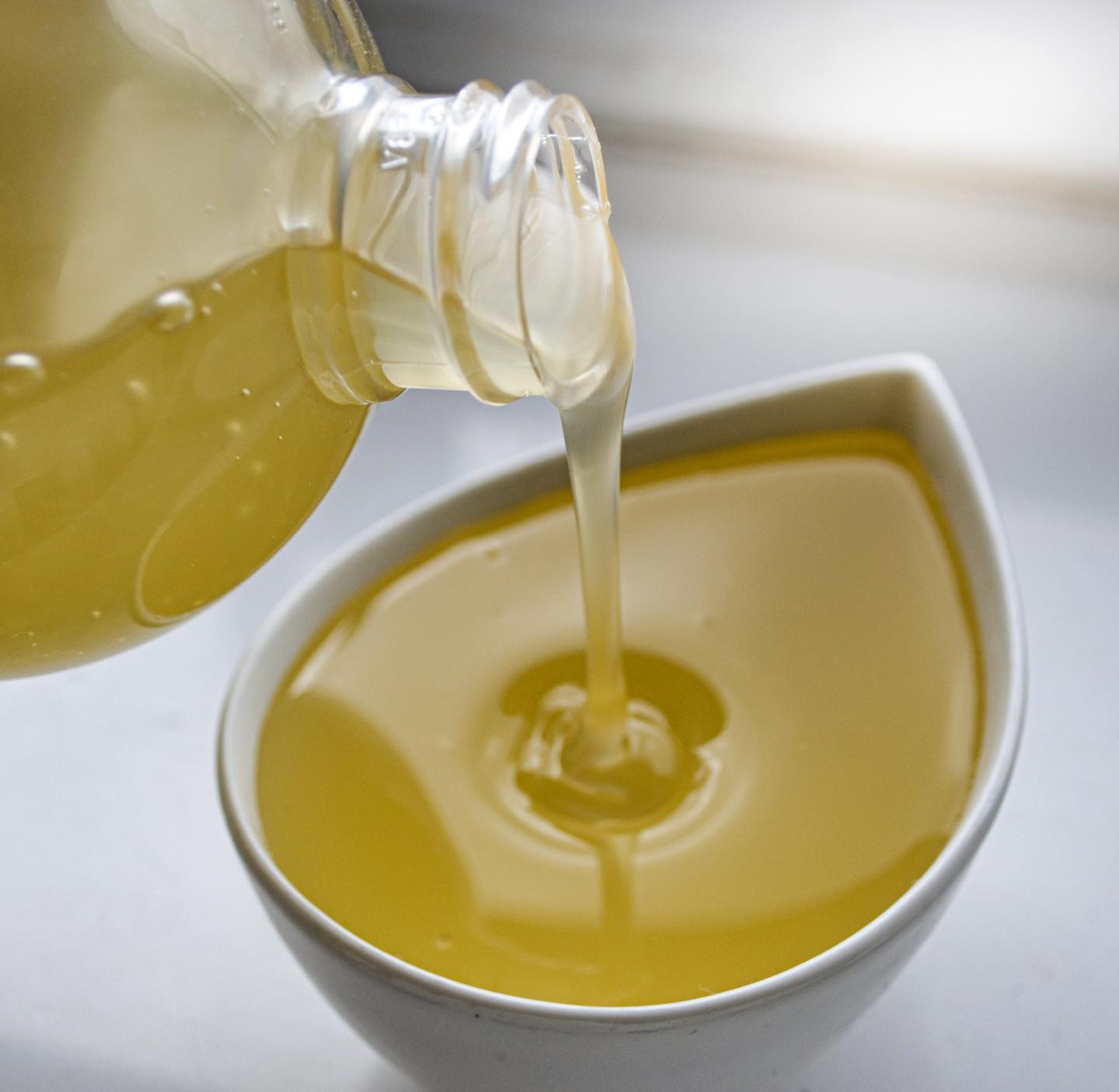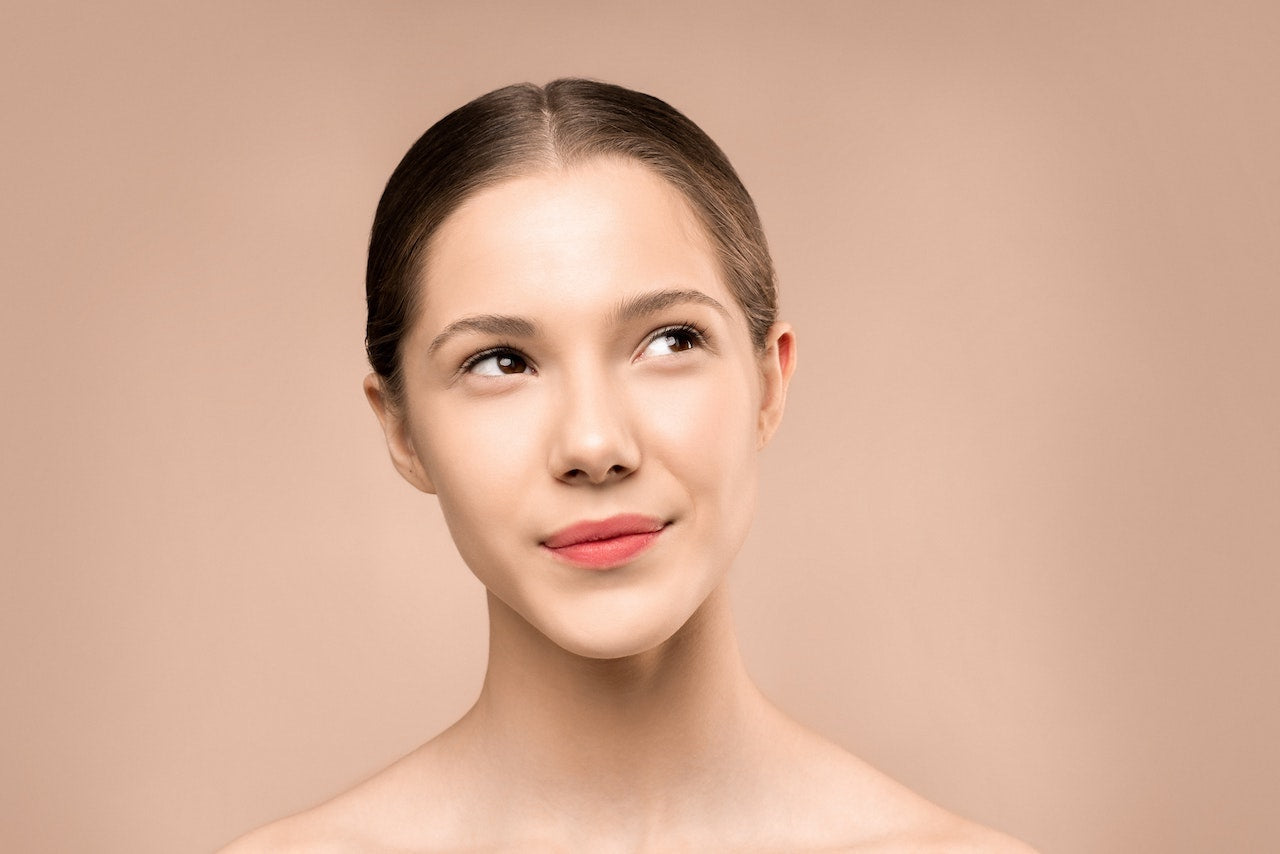
Everything you have to know about Hand Soaps
We have been told from a very early age that we have to wash our hands with soap every time we start eating, come home, use the bathroom and so on. It is basically like an automatic activity already, you just do it when you arrive home. Of course, last year´s pandemic even increased the number of times people washed their hands with soap, but why is it that important and how long have people been washing hands constantly with soap? Where does even soap come from and what is it?
History of Soaps
It is proved that Babylonians started making bar soaps around 2800 BC. They used to make soap from fats boiled with ashes, while Egyptians in 1550 BC were making soaps mixing animal and vegetable oils with alkaline salts. These “soaps” were not used for personal hygiene nor washing, but rather for cleaning cooking utensils, goods or in the textile industry.
Bar soaps were invented very early, while the first patent for liquid soap was filed in 1865 by William Sheppard. Liquid soap was supposed to be cheaper, convenient and with superior detergent qualities. Soaps used to be unbelievably pricey, so only the richest could afford soaps, but as science developed and more soap recipes were made, the cheaper the soaps went. Nowadays bar soaps and liquid soaps are available for everyone and nowadays they can be even only one click away.

When did people start washing their hands with soap?
In the 1840s Dr Ignaz Semmelweis, a Hungarian physician, discovered that fewer women died after childbirth if doctors washed their hands beforehand. His colleagues did not accept that, he received criticism and was eventually sentenced to death. It took more than a hundred years until the 1980s when the Centers of Disease Control and Prevention issued the world´s first nationally endorsed hand hygiene guidelines. This means that it is not too far in the past when people started taking washing hands seriously.
How does soap work?
Soaps seem so gentle and soothing for us on the outside, but it is actually destructive for microorganisms. When soap and water are mixed together, the combination traps germs and chemicals and washes them off from the hands. Soap molecules can either damage, kill or trap bacteria and also viruses, at the same time water will wash these bacteria and damaged viruses off your skin completely.
Can you wash your hands too much?
Yes, extensive hand-washing can lead to itchy, flaky and painful skin. This would mean that the skin barrier is being damaged and this makes it more susceptible for bacteria entering the body. Wash your hands often but not every 30minutes. If you like to wash your hands often, then make sure to restore the hydration in your skin with Olivella®´s Natural Hand Cream. This natural hand cream with 100% virgin olive oil will absorb quickly and hydrate your skin deeply.
Is there any difference between liquid and bar soaps?
Have you ever stood in front of the soap section in a store and wondered if you should get a nice bar soap or a liquid soap? Is there any difference at all? Well, they are both equally effective, they just have small differences, so it rather comes down to personal preference.
Olivella® has both liquid and bar soaps, so you do not have to worry about Olivella® not having the one you prefer. Olivella® Liquid and Bar soaps do not contain any palm oil nor animal fats, but they are made from natural 100% virgin olive oil. Olive oil was used hundreds of years ago in soaps and Olivella® uses it nowadays with more innovative technology and better results. Olive oil has incredible effects on the skin, including providing the skin with antioxidants, different vitamins and deep hydration.
Olivella®´s bar soap is suitable even for the most sensitive skin and very versatile as it can be used for washing delicate clothes. You can choose from different scents, or you could go completely fragrance-free. The same applies to Olivella®´s liquid soaps, which come in many different scents from apricot to fragrance-free and even one naturally antibacterial, with active tea tree oil as an ingredient.
A fun fact to know is that Olivella® does not use any additional coloring in its soaps, and their color depends on chlorophyll naturally contained in the olives. So if you become a fan of Olivella®´s soaps and start ordering many, don’t be surprised if they slightly differ in color, this is the beauty of natural products.
In conclusion, it seems like soaps have been around forever, but people started using them for personal hygiene way later down the road. Nowadays we could not imagine a world without washing our hands. Many deaths and diseases have been prevented by people washing their hands daily and even if there are thousands of soaps to choose from, your selection should be Olivella®´s hand soaps, as they are natural and sustainable, made to get rid of harmful bacteria and hydrate your skin at the same time. Take a look at the products on Olivella® assortment to choose your favorite one!



